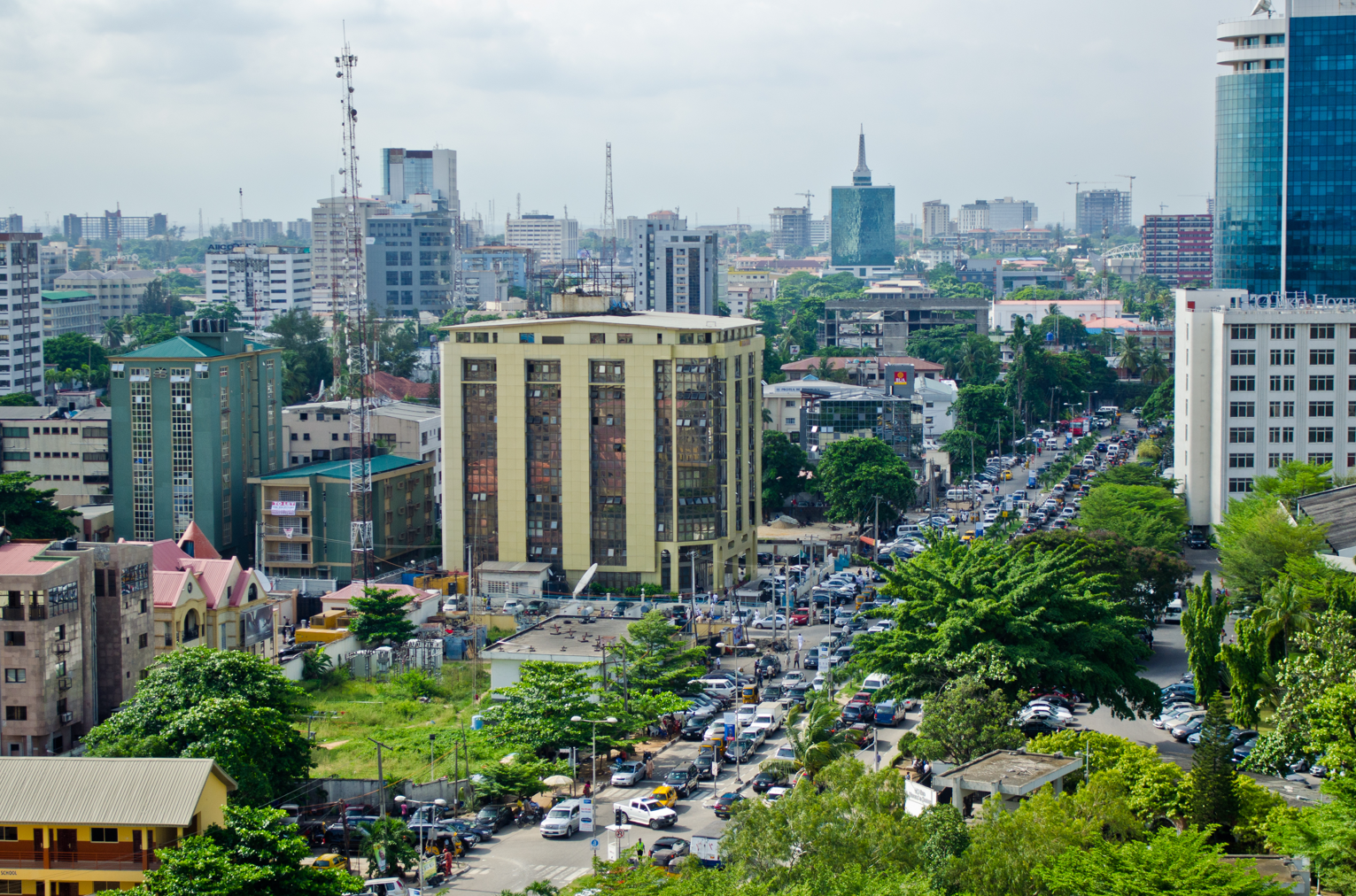The recently enacted Geological and Minerals Development (Local Content) (Preference for Goods and Services in the Mining Sector) Regulations, Statutory Instrument No. 68 of 2025, set a bold new framework to boost local participation across Zambia’s mining value chain.
The Regulations, which come into force on 1st January 2026, usher in a comprehensive local content framework aimed at expanding Zambian participation in the mining value chain as follows:
- Reserved Procurement Thresholds (Regulation 4)
Regulation 4 introduces a progressive reservation scheme that compels mining and mining-related companies to procure a minimum portion of their goods and services from local suppliers. Under Regulation 4(1), every mining company must, within six months of the commencement of the Regulations, reserve at least twenty percent (20%) of its annual procurement budget for Zambian-owned or citizen-empowered companies involved in the supply of core mining goods and services.
Regulation 4(2)(b) further provides for a phased increase of the reserved procurement threshold, increasing from twenty percent to twenty-five percent within the first year, then to thirty-five percent within two years, and ultimately to no less than forty percent within five years of the Regulations’ commencement.
To promote inclusivity, Regulation 4(3) empowers mining companies to subdivide contracts into smaller lots where a single local supplier cannot meet the reserved procurement value, enabling participation of multiple local entities in the mining value chain.
Regulation 4(5) allows allocation of the remaining portion of procurement to non-local companies only upon satisfying the stringent reporting obligations under Regulation 4(6). These reports, to be submitted quarterly to the Director of Large-Scale Mining and Mineral Investment Promotion, include procurement disclosures, beneficial ownership details, employee statistics, and updates on Supplier Development Programs, as detailed in Forms I-V of the Third Schedule.
Further, Regulation 4(7) requires mining companies to keep detailed records of all local supplier transactions to facilitate monitoring of compliance. - Margin of Preference (Regulation 5)
A 15 percent (15%) margin of preference must be applied when evaluating bids for core mining goods or services offered by local suppliers. - Exclusive Reservation for Non-Core Goods and Services (Regulation 6)
The procurement of non-core mining goods and services, including catering, security, haulage, and other ancillary services, is exclusively reserved for Zambian-owned or citizen-empowered companies. - Supplier Development Obligations (Regulation 7 & Fourth Schedule)
Each mining company must, within six months of commencement, develop a Supplier Development Program encompassing training, mentorship, access to finance, and technology transfer. A minimum of 0.05% of annual procurement expenditure must be allocated toward supplier development initiatives. - Monitoring and Penalties (Regulations 8 – 9)
Authorized officers have been empowered to conduct inspections to ensure compliance with the Regulations and non-compliance attracts a fine of not less than one ZMW 400,000, plus ZMW 60,000 per day for continuing offences.
These measures are designed to deepen local linkages and ensure that Zambia’s mineral wealth translates into sustainable national development.
These Regulations reflect a growing commitment to ensuring that mineral wealth translates into broad based economic empowerment and industrial growth. For mining houses, suppliers, and investors, it marks a new era of opportunity.
--
Read the original publication at Dentons




